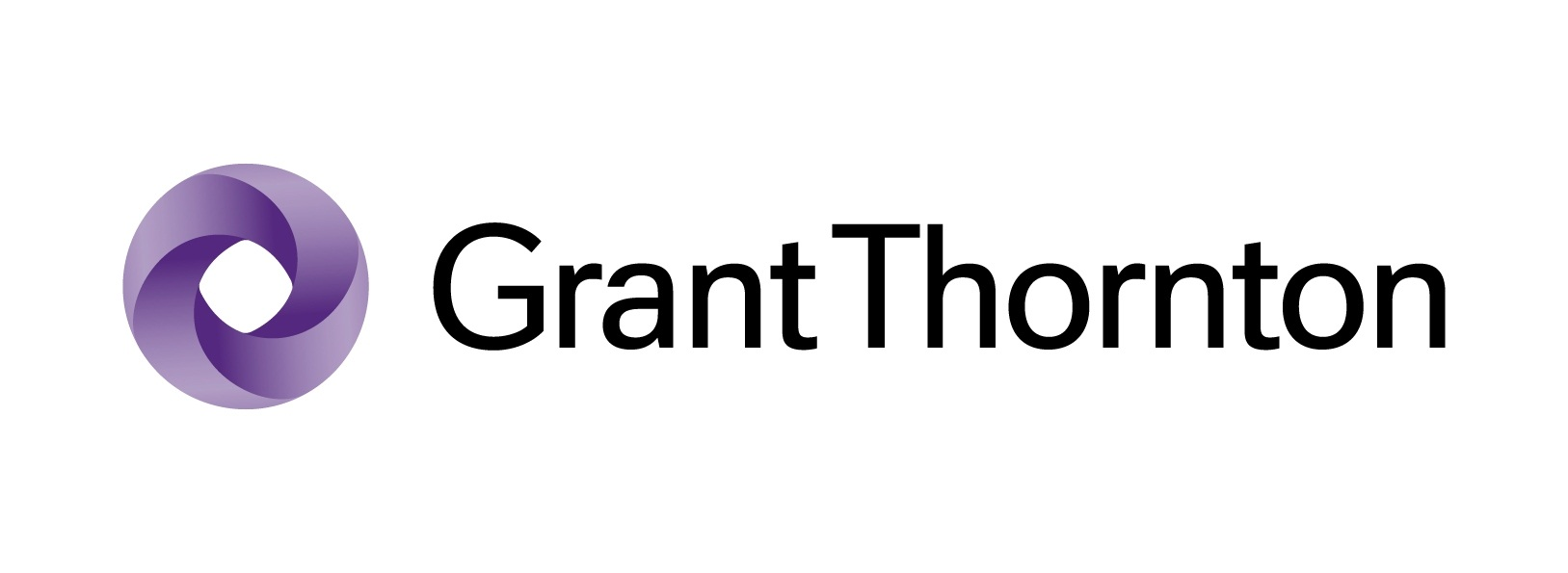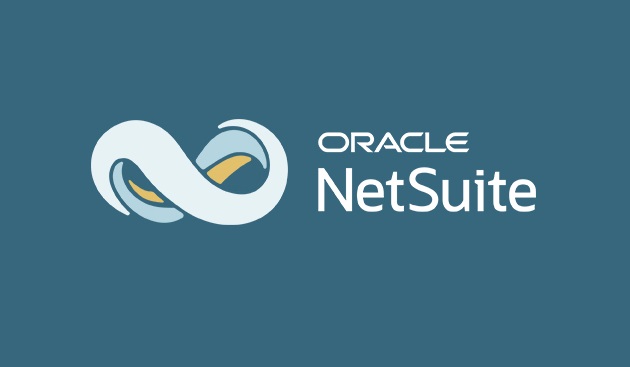Grant Thornton LLP has launched its new iNDIRECT.360 platform, designed to help companies more efficiently manage their indirect tax processes and data needs. These include sales tax, property tax, business licenses, exemption certificate management, consulting and automation of the indirect tax function.
The platform bridges the various indirect tax management functions into one simplified workflow, easing the compliance burden in addition to providing insight for strategic management.
“The indirect tax landscape is changing rapidly, which is challenging our clients in unprecedented ways,” said Mark Arrigo, Grant Thornton’s national managing partner of State & Local Tax. “As businesses strive to remain competitive, they are increasingly tasked with managing large volumes of data, while also contending with mounting regulations, increasing compliance and reporting obligations”
“iNDIRECT.360 specifically targets the data management challenge – by using technology to aggregate and assess indirect tax data, yielding valuable and timely insights. This helps organizations proactively identify opportunities for gains in efficiency, limit the effects of missteps and inform other business decisions.”
iNDIRECT.360 uses proprietary Grant Thornton technology to import and process raw client data – including sales information, property data, payment details and more. The data flows through to an indirect tax warehouse, where users can access it for audit readiness, analysis, visualizations and other business needs. Grant Thornton can use the data along with third-party technology and tools to comply with a company’s regulatory tax filings. Further, Grant Thornton can execute payments for companies related to those regulatory filings.
Grant Thornton’s new Rapid Exemption Certificate Management (ECM) solution, or RapidECM, is one of the many powerful components of the iNDIRECT.360 platform. RapidECM streamlines a company’s ability to acquire, track, update and report on sales tax exemption certificates through a digital interface. The result is an automated and simplified process that helps manage the information necessary to comply with sales tax requirements, especially in the wake of the Supreme Court’s South Dakota v. Wayfair decision.
The Supreme Court’s Wayfair ruling significantly expanded the number of companies required to collect and pay state-level taxes on remote sales in states where the business may lack a physical presence. For many companies, this increases the filing and administrative responsibilities tied to tax exemption certificates.
“RapidECM can help organizations save time, increase efficiency and respond quickly in the event of an audit – helping to reduce the risks of fines and penalties,” continued Arrigo. “It’s a flexible and scalable solution that can assist a company with managing its certificates – or allow companies to outsource the entire function to trained and experienced professionals.
“Few organizations could create the end-to-end indirect tax management workflow iNDIRECT.360 provides without having to make considerable investments and engaging multiple technology vendors. Grant Thornton simplifies this process – offering a one-stop shop for better management of indirect taxes,” Arrigo concluded.
For more information about Grant Thornton’s iNDIRECT.360 platform, visit GT.com.
Thanks for reading CPA Practice Advisor!
Subscribe Already registered? Log In
Need more information? Read the FAQs
Tags: Sales Tax




